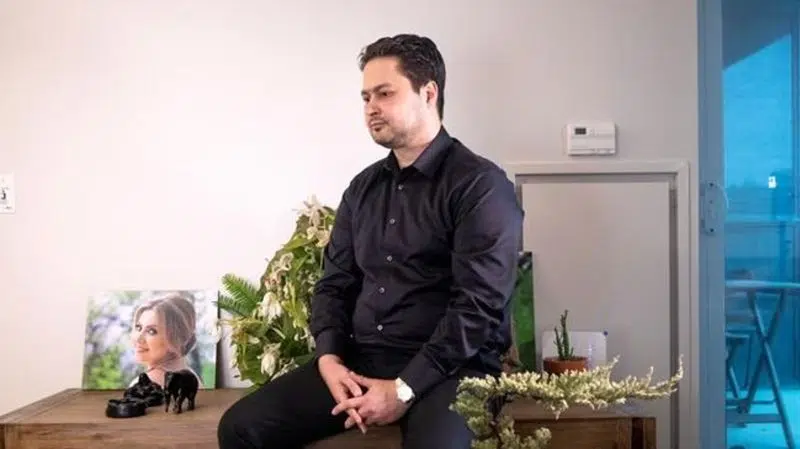
Husband of Iran plane crash victim seeks answers, justice from investigation
OTTAWA — The husband of one of the victims who died when a Ukrainian jetliner was shot down by the Iranian military last month wants the people he says are responsible for his wife’s death to be charged and tried at the International Criminal Court.
Hassan Shadkhoo has been barely able to sleep since his wife, Sheyda, was killed along with 175 others when her plane crashed minutes after take off from Tehran on Jan. 8. Several days later, Iran admitted its military mistook the passenger jet for hostile aircraft amid tensions with the United States.
Sheyda Shadkhoo was 41 when she died, returning to Canada after visiting her mother in Iran. She worked as a chemist at a firm in Markham, Ont., that tests products to ensure they meet government standards.
Hassan Shadkhoo spent two weeks in Iran after the crash, where he buried his wife next to her father at her family’s request. He was already at the airport in Istanbul when Prime Minister Justin Trudeau said Canada had intelligence the plane was brought down by a missile.


